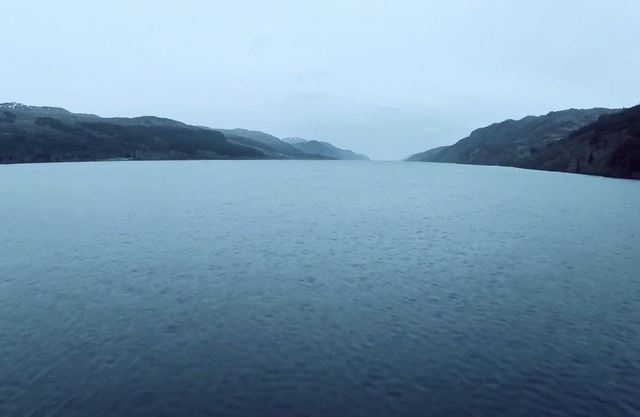You can hunt for Nessie on Google Maps now
Eighty years ago on Tuesday, a photograph was published in the Daily Mail that turned a folk story into a legend.
That photograph — “Surgeon’s Photograph” — appeared to show the long-rumored Loch Ness Monster. The photo was later concluded to be a hoax, showing what was probably a marine bird, according to Museum of Hoaxes, but the legend lives on.
On the anniversary of that photo, Google has allowed Street View users to explore Loch Ness for themselves.
While checking it out, you’ll notice the Google “stick man” has been replaced with a cartoon Loch Ness Monster. Once you drag him (or her) to the lake, you can explore all 23 miles of it.
At most points, you can dip below like a virtual scuba diver, and at other points, you’ll be completely submerged.
Google announced the update with Adrian Shine, a Nessie expert who’s logged more than 1,000 sightings, according to VentureBeat.
And no, Google didn’t catch an image of the monster.
Contact Kristen DeSilva at 702-477-3895 or kdesilva@reviewjournal.com. Find her on Twitter: @kristendesilva

















